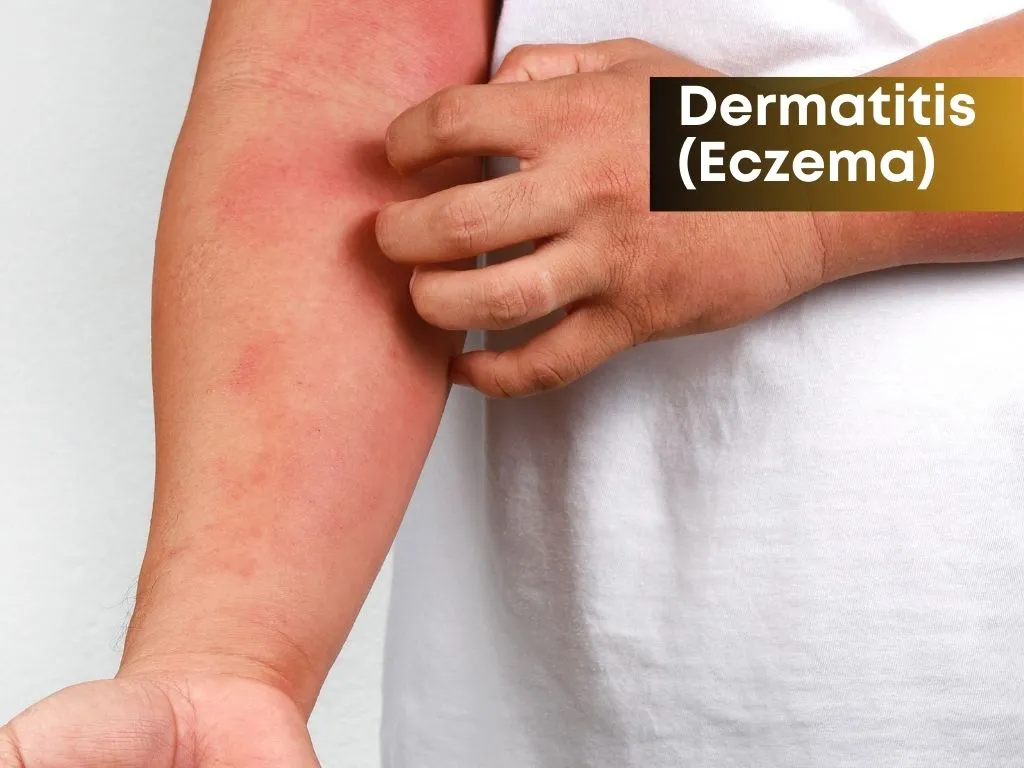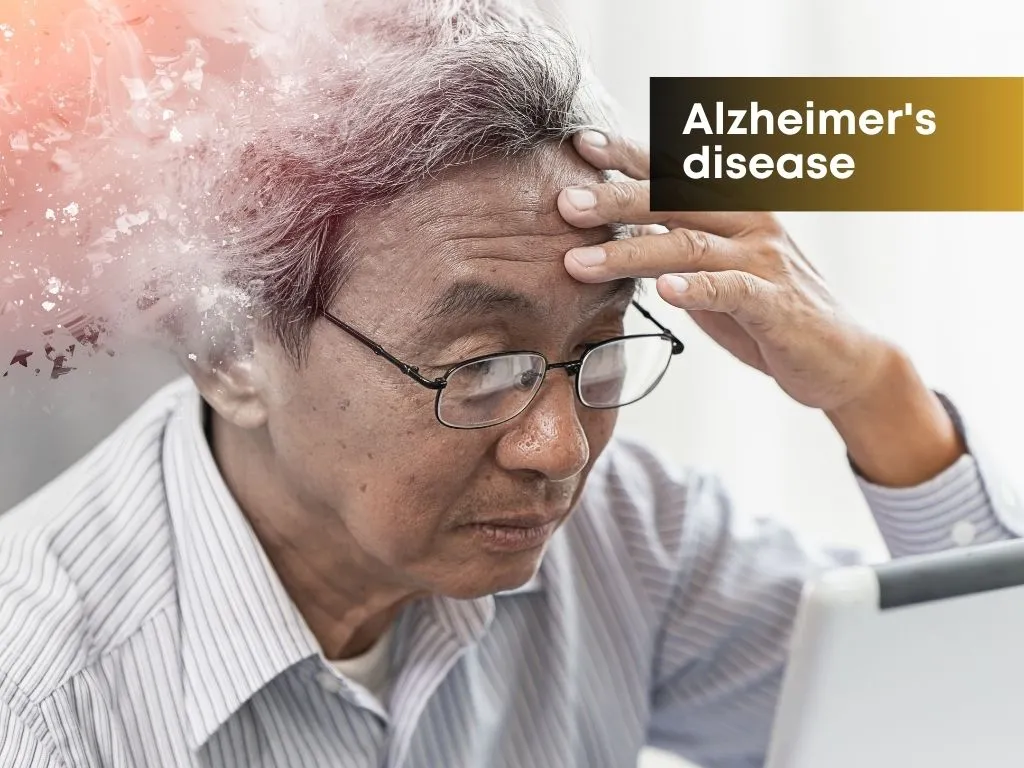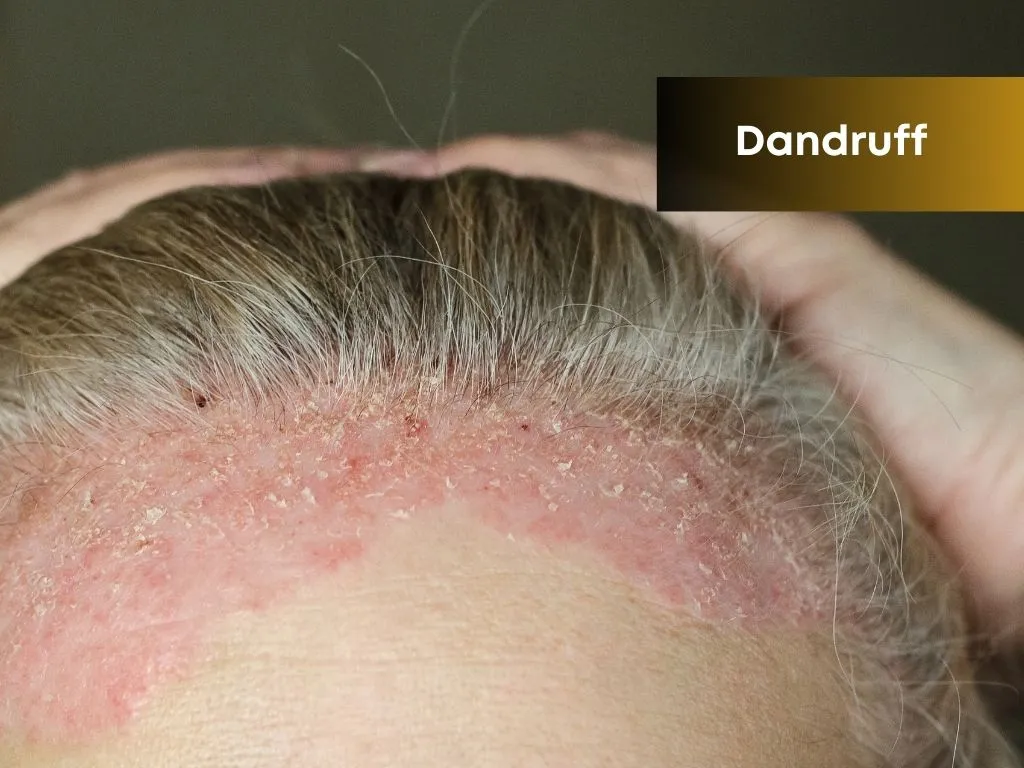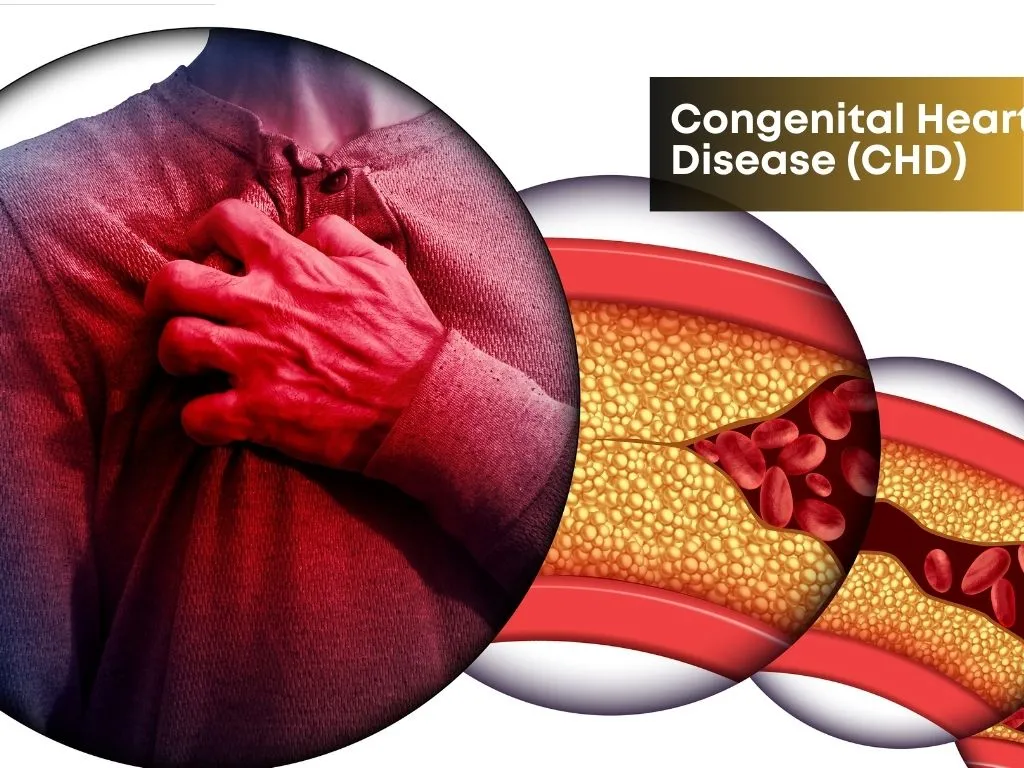Overview
Eczema,
also known as atopic dermatitis, is a common skin condition characterized by
inflammation, redness, itching, and the formation of small, fluid-filled
blisters. It is a chronic condition that tends to flare up periodically and can
affect people of all ages, but it often starts in childhood.
Causes
Genetics: Eczema tends to run in families, suggesting a genetic predisposition. Specific genes associated with eczema influence the skin's ability to provide an effective barrier against irritants, allergens, and bacteria. Variations in these genes can make some individuals more susceptible to developing eczema.Immune System Dysfunction: Individuals with eczema often have an overactive immune system, which leads to inflammation and allergic reactions in the skin. This immune response can trigger itching, redness, and other symptoms associated with eczema.Skin Barrier Dysfunction: The skin's outermost layer acts as a barrier, protecting the body from environmental irritants, allergens, and pathogens. In people with eczema, this skin barrier is compromised, allowing irritants and allergens to penetrate more easily and trigger inflammation and itching.Environmental Triggers: Certain environmental factors can exacerbate eczema symptoms or trigger flare-ups. These triggers can vary from person to person but may include exposure to harsh chemicals, allergens (such as pollen, pet dander, or dust mites), dry air, sweating, and changes in temperature or humidity.Allergies: Eczema is often associated with other allergic conditions, such as asthma and hay fever (allergic rhinitis). Allergic reactions to foods, airborne allergens, or contact allergens can exacerbate eczema symptoms in some individuals.Microbial Factors: Bacterial, viral, or fungal infections can aggravate eczema symptoms or trigger flare-ups. Staphylococcus aureus, a type of bacteria commonly found on the skin, can colonize eczema lesions and contribute to inflammation and infection.
Symptoms
Dry, Itchy Skin: One of the hallmark symptoms of eczema is dry, itchy skin. This itching can be intense and persistent, leading to scratching, which can further irritate the skin.Red or Inflamed Skin: Eczema often causes redness and inflammation of the skin, particularly in the affected areas. The skin may appear reddish or flushed, and the affected areas may feel warm to the touch.Rash or Patches of Discolored Skin: Eczema can cause patches of discolored skin that may be rough, scaly, or thickened. These patches may vary in size and shape and can occur anywhere on the body, although they commonly appear on the face, hands, feet, elbows, and behind the knees.Blisters or Oozing Lesions: In some cases, eczema may lead to the formation of small fluid-filled blisters or vesicles, which can rupture and ooze fluid. This can occur during severe flare-ups or in response to scratching.Cracked or Crusty Skin: The skin affected by eczema may become cracked, crusty, or fissured, especially if it is dry or if scratching has occurred. These fissures can be painful and may increase the risk of infection.Thickened or Leathery Skin: Over time, chronic eczema can cause the skin to become thickened, leathery, or lichenified, particularly in areas that have been repeatedly scratched or irritated.Secondary Infections: Scratching eczema lesions can break the skin barrier, increasing the risk of bacterial, viral, or fungal infections. Signs of infection may include pus, increased redness, warmth, swelling, and pain.
Treatment: Modern Medicine
First-Line Treatments:
Emollients: These moisturizers help keep the skin hydrated and reduce dryness.Topical Steroids: Creams or ointments containing steroids (such as betamethasone or triamcinolone) reduce inflammation and itching.Paste Bandages and Wet Wraps: Useful for severe itching and scratching.Sedating-Type Antihistamines: May aid sleep but don’t directly relieve itchiness.
Topical Calcineurin Inhibitors (TCIs):
Pimecrolimus (Elidel): Cream to control immune responses causing symptoms.Tacrolimus (Protopic): Ointment for delicate skin areas.
Additional Treatments for Severe Eczema:
Phototherapy: Exposure to controlled sunlight or ultraviolet light.Oral Steroids: Used cautiously due to side effects.Immunosuppressant Drugs: Methotrexate or mycophenolate mofetil.Biologic Drugs: Dupilumab.Janus Kinase (JAK) Inhibitors: Tralokinumab and upadacitinib.
Treatment: Traditional Medicine
Panchakarma Therapy: An Ayurvedic detoxification method involving treatments like consuming medicated ghee, whole-body oil massage, sweating, purging, and vomiting. It aims to remove toxins and support the immune system.Herbal Remedies: Ayurvedic herbs like Yashtimadhu (licorice), Guduchi, Neem, Turmeric, and Indian sarsaparilla have anti-inflammatory and skin-soothing properties.Dietary Changes: Focus on a plant-based diet rich in whole and unprocessed foods. Essential nutrients like zinc, vitamin A, vitamin C, and essential fatty acids can help reduce symptoms. Drinking plenty of fluids, including licorice tea and aloe vera juice, is recommended. Avoid alcohol, dairy products, refined sugar, and greasy or fried foods.
Caution
Allergens: Pollen, pet dander, mold,
and certain foods can trigger eczema flare-ups.Irritants: Harsh soaps, detergents,
perfumes, and certain fabrics can irritate the skin.Climate: Cold, dry weather can
worsen symptoms, as can exposure to heat and sweating.Infections: Scratching can lead to
bacterial or viral infections.
Prevention
Avoiding known triggers.Keeping skin clean.Reducing shower or bath times to 10 minutes or less.Avoiding very hot shower or bath water.Keeping skin moisturized.
 Nalamaree Team
Nalamaree Team





















.jpg.webp)
